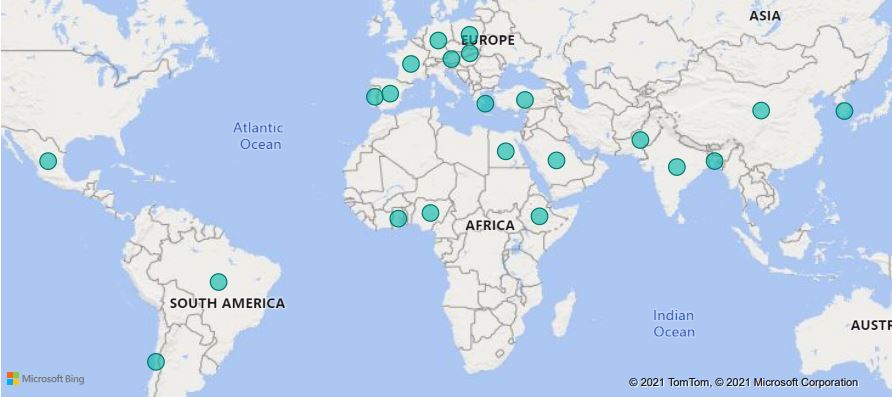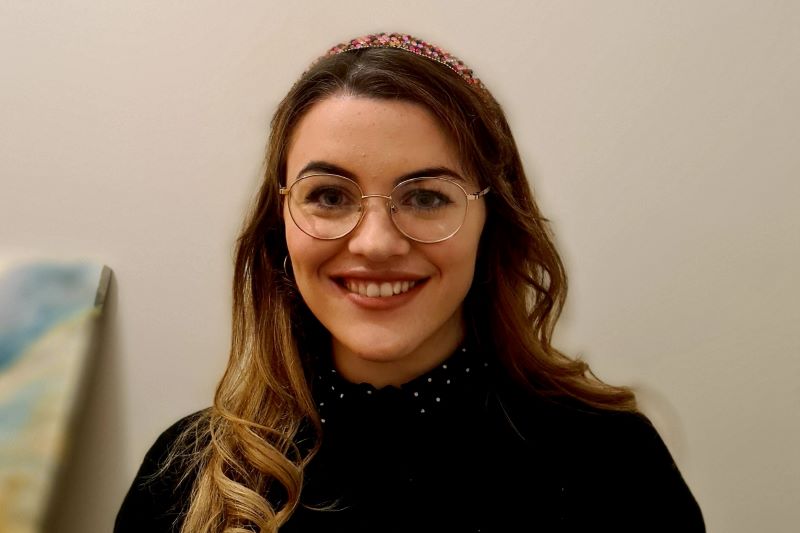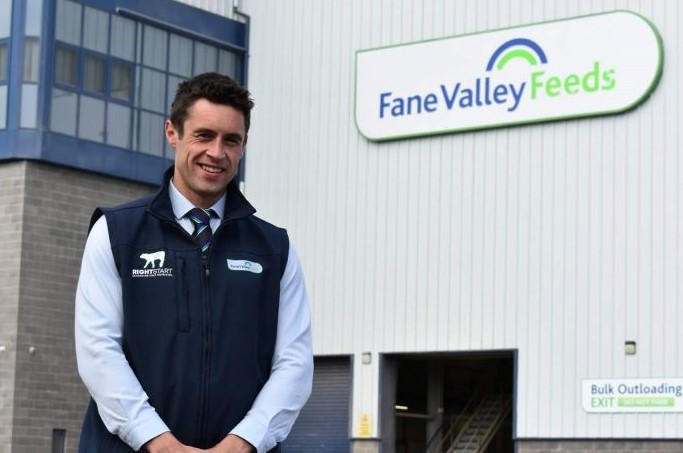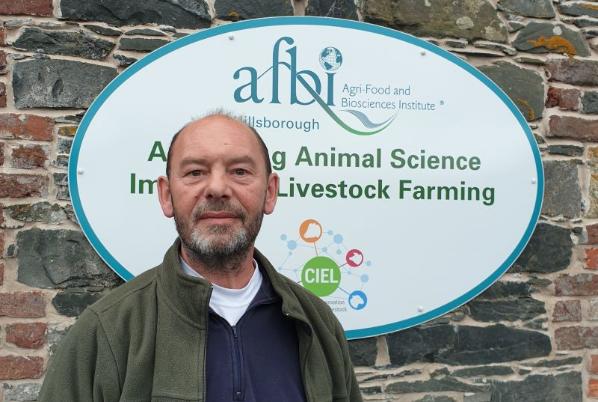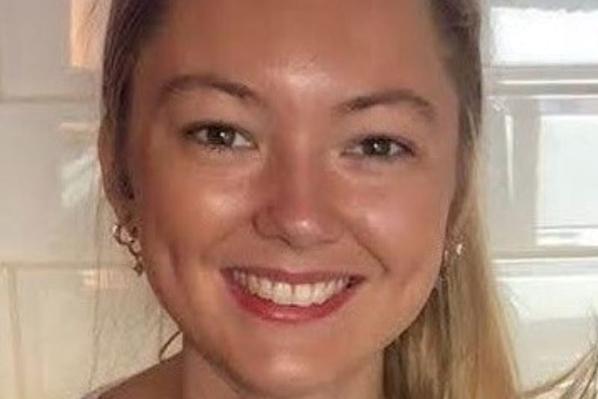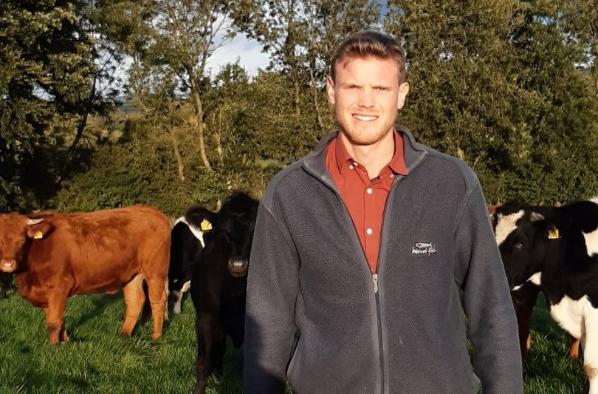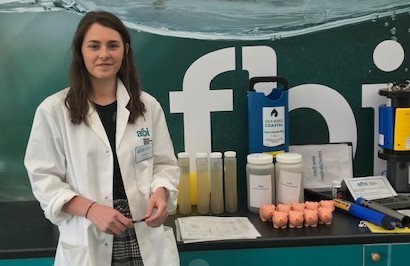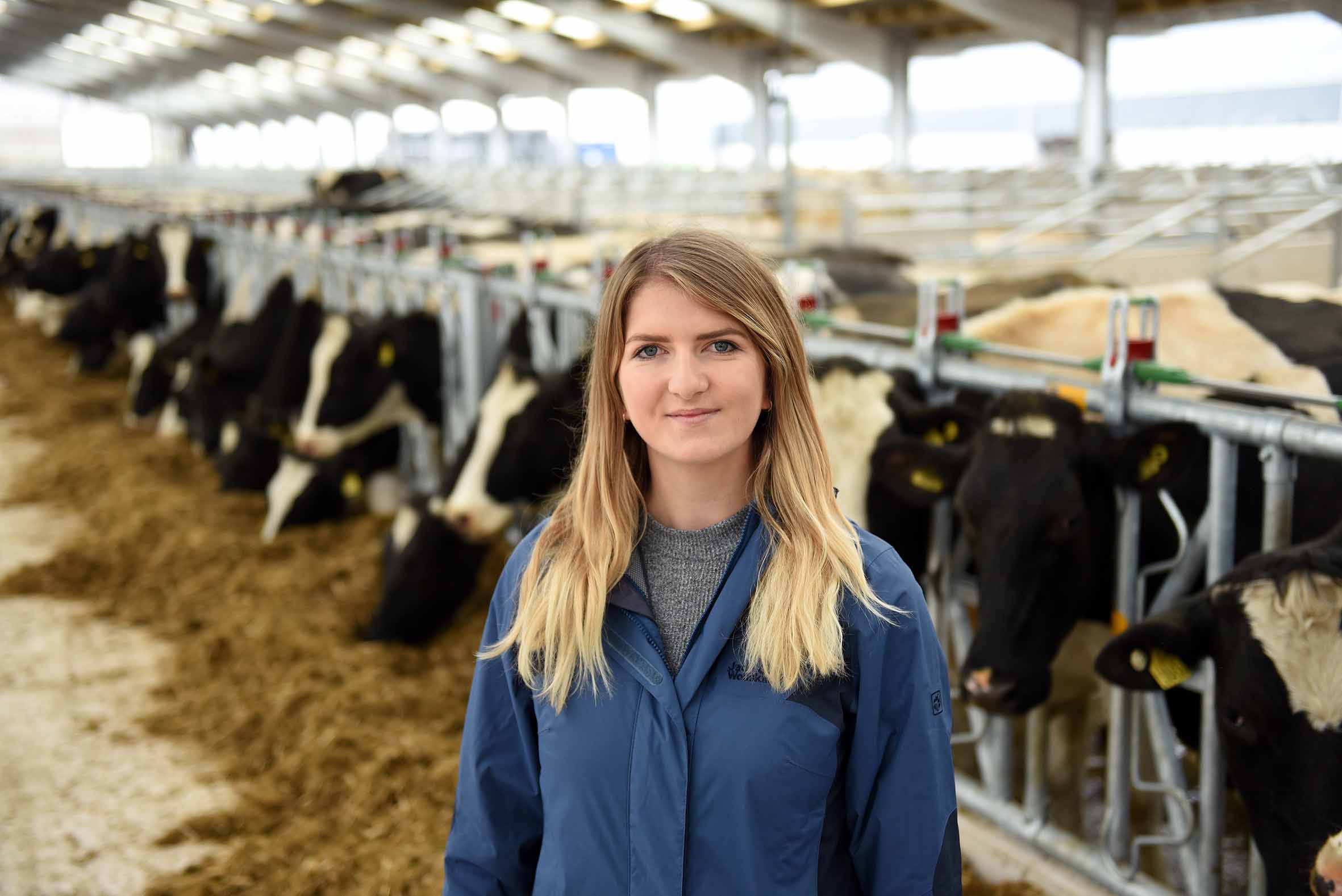Postgraduate Research
IGFS is home to a rich, postgraduate culture and PhD numbers have tripled in the past seven years. There is a strong emphasis on creating the kind of research culture which attracts talented students, for example through cohort-based doctoral training programmes such as the FoodBioSystems DTP (UKRI-BBSRC) or the Quadrat DTP (UKRI-NERC), ensuring we are training the next generation of food-systems and sustainability leaders. Postgraduate research is usually carried out through the School of Biological Sciences (SBS) and options can be fully explored on the SBS PhD Research page.
We have a vibrant community of postgraduate students from a number of countries including China, Bangladesh, Nigeria, Pakistan, Saudi Arabia, India, Chile, Mexico, Brazil as well as from across Europe, the UK and Ireland. We support full and part time students, some studying at a distance in their home country and our numbers are growing year on year.
Students can avail of facilities, training, networking, social and wellbeing opportunities offered by IGFS, SBS and the University's Graduate School, including participating in a lively IGFS & SBS Seminar Series.
The below map shows the reach of our international PGR community currently, but new students and nationalities are joining all the time.
Meet some of our current PhD researchers
What can Queen's offer students?

The Graduate School provides an exclusive postgraduate hub that values the needs of our PGR students. Based in the beautifully restored and remodelled Victorian Lynn library, this fully-accessible space has modern, hi-tech meeting and group study rooms, a silent study area and social spaces creating a vibrant hub for knowledge exchange and collaboration.
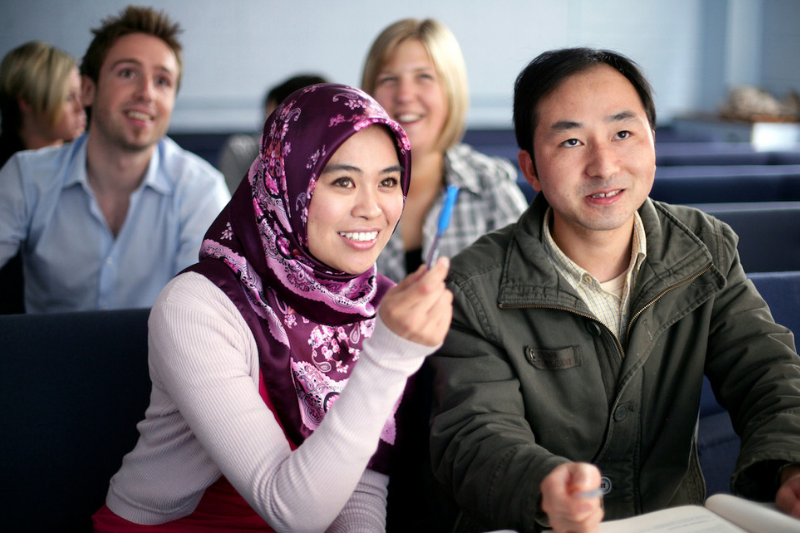
Part of the elite Russell Group – the UK's Ivy League – Queen's is the 9th oldest university in the UK with a worldwide reputation for teaching and research excellence. A PG degree from Queen's can help you stand out. Our strong links with industry mean you will also benefit from a global network that spans 120 countries.
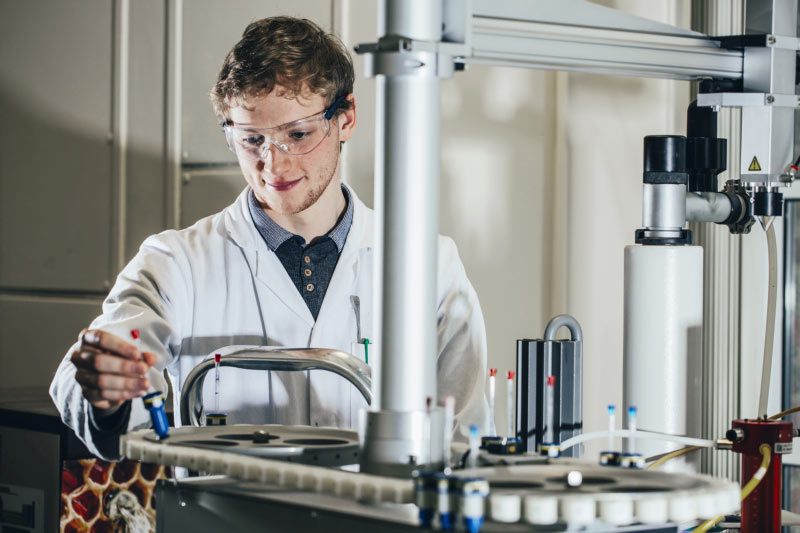
We are a world-class international university built on teaching excellence, leading-edge research, innovation, collaboration and engagement. Our Strategy 2030 vision is to further enhance our impact by strengthening our research position and working with industry to broaden our translational impact and innovation, ensuring we deliver high-quality, world-leading research, which addresses local and global challenges.

Find out more about the rich postgraduate culture across Queen's University as a whole, from life in Belfast to financial support for studying to tips for prospective domestic and international students.

